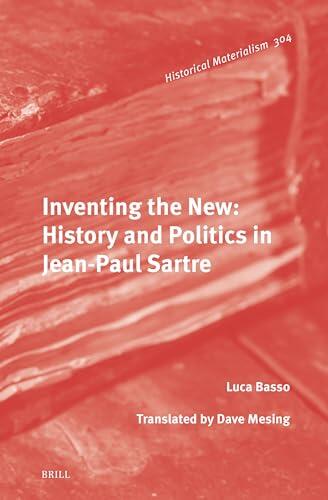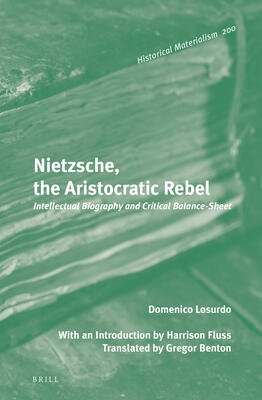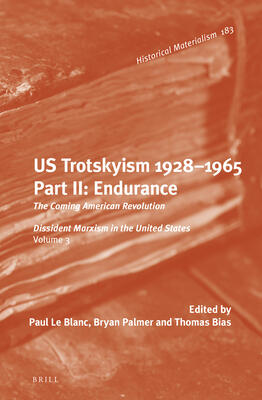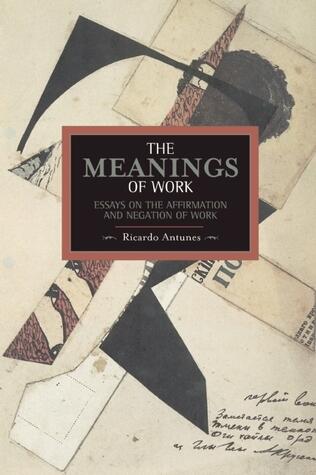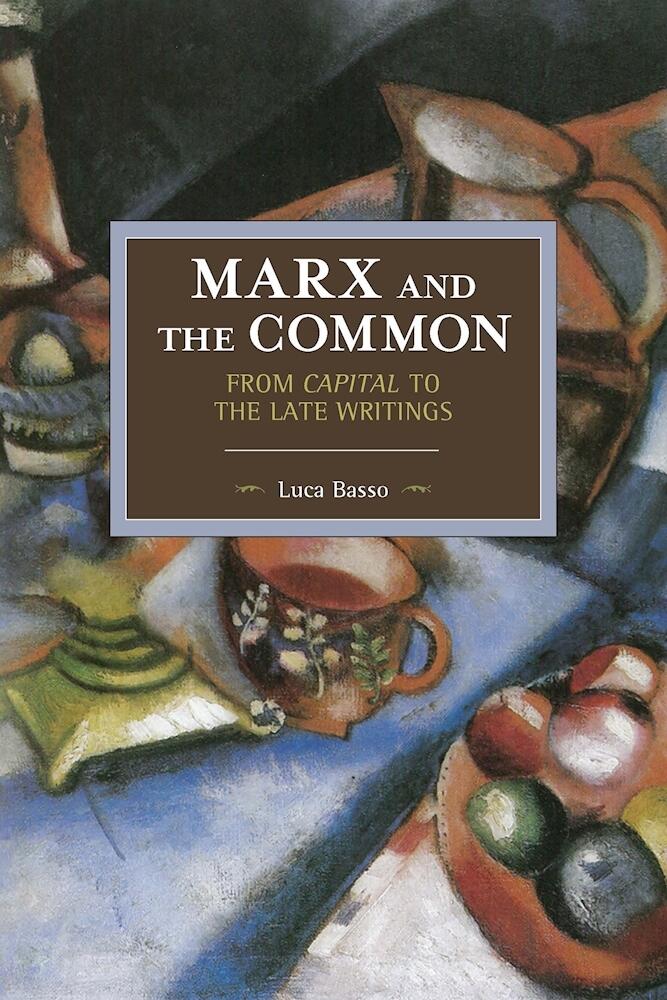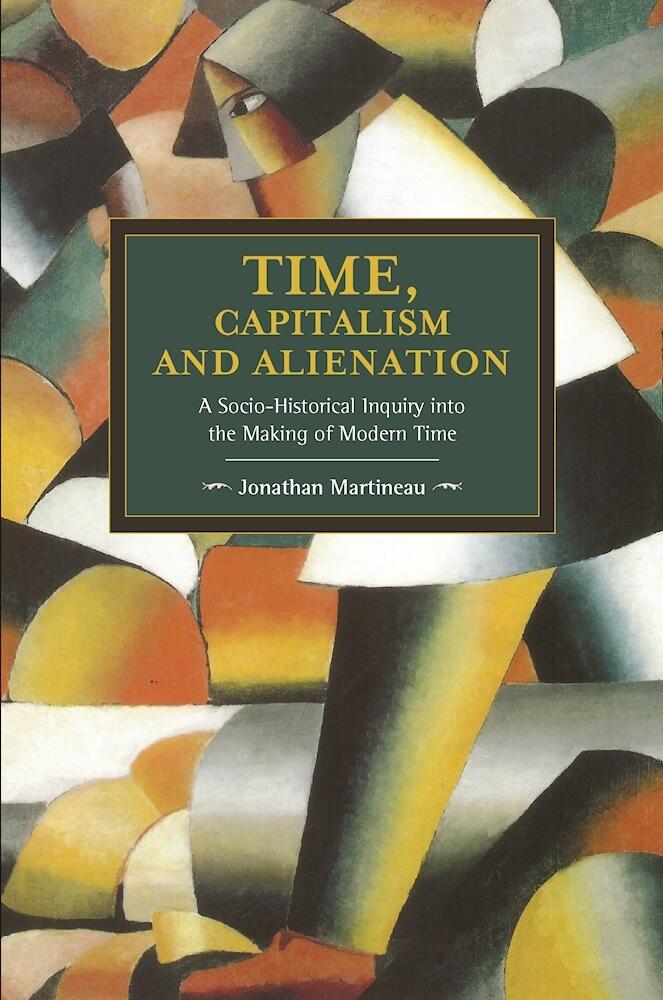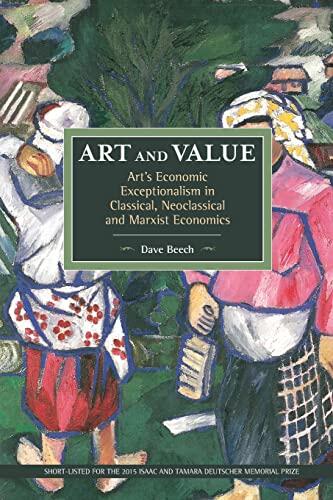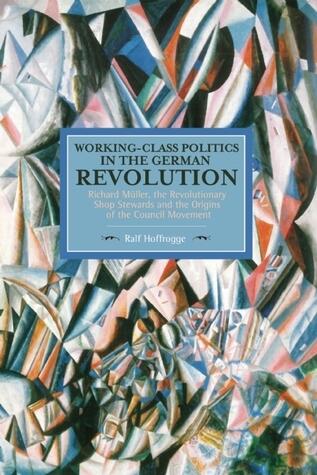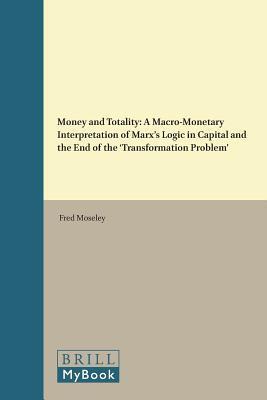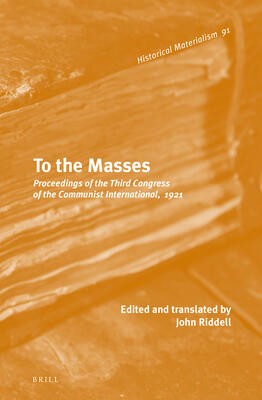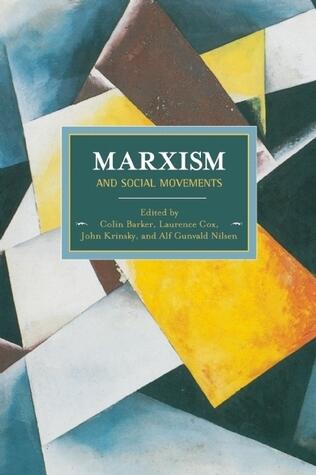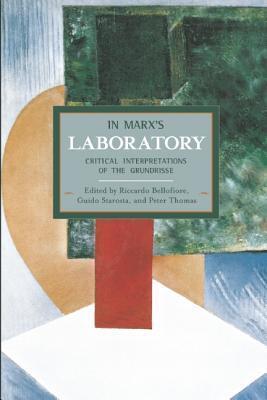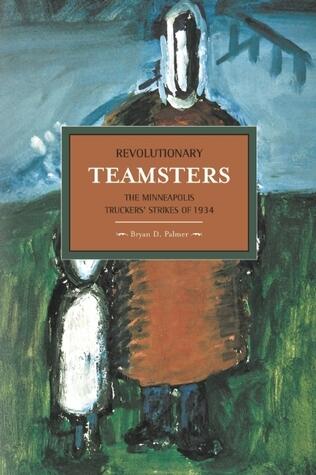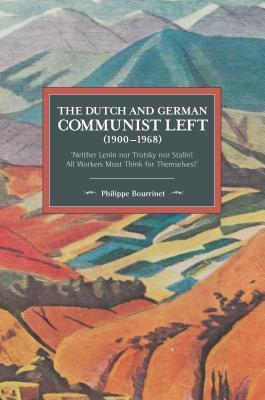
The Dutch and German Communist Left (1900-1968): 'Neither Lenin nor Trotsky nor Stalin! - All Workers Must Think for Themselves!
door
Philippe Bourrinet
Nog geen beoordelingen
History
Formaat
Paperback
Pagina's
639
Taal
Engels
Gepubliceerd
Apr 17, 2018
Uitgever
Haymarket Books
ISBN-10
1608468216
ISBN-13
9781608468218
Beschrijving
Philippe Bourrinet explores the intriguing history of the Dutch and German Communist Left from the early 1900s through to 1968. The narrative delves into the factions that distinguished these movements, such as the German KAPD-AAUD and the Dutch KAPN, highlighting their unique positions within the broader communist framework. By emphasizing their rejection of both Leninist and Trotskyist ideologies, the author invites readers to witness a robust advocacy for workers' autonomy and critical self-thinking.
Bourrinet meticulously documents the key figures and events that shaped this leftist tradition, showcasing how these groups challenged mainstream communist thought. This resistance created a space for alternative theories and practices focused on direct action, rank-and-file organization, and decentralized decision-making. The book not only recounts historical developments but also reflects on the contemporary relevance of these ideas in today's socio-political landscape.
Through engaging analysis and vivid historical accounts, readers gain insight into the ways in which the Dutch and German Communist Left sought to empower workers. The exploration represents a compelling call to reconsider the mechanisms of authority and the role of individual agency within collective movements, ultimately fostering a greater understanding of revolutionary potential that remains pertinent in modern discourse.
Bourrinet meticulously documents the key figures and events that shaped this leftist tradition, showcasing how these groups challenged mainstream communist thought. This resistance created a space for alternative theories and practices focused on direct action, rank-and-file organization, and decentralized decision-making. The book not only recounts historical developments but also reflects on the contemporary relevance of these ideas in today's socio-political landscape.
Through engaging analysis and vivid historical accounts, readers gain insight into the ways in which the Dutch and German Communist Left sought to empower workers. The exploration represents a compelling call to reconsider the mechanisms of authority and the role of individual agency within collective movements, ultimately fostering a greater understanding of revolutionary potential that remains pertinent in modern discourse.
Recensies
Nog geen beoordelingen
Wees de eerste om dit boek te recenseren en deel je gedachten
Voeg Eerste Recensie ToeLeeslogboek
Geen leeslogboeken gevonden
Begin met het volgen van je leesvoortgang om logboeken hier te zien
Voeg je eerste leeslogboek toeNotities
Geen notities gevonden
Begin met het toevoegen van notities om ze hier te zien
Voeg je eerste notitie toeTransactielogboek
Geen transactielogboeken gevonden
Begin met het volgen van je boektransacties om logboeken hier te zien
Voeg je eerste transactielogboek toe